This is an Eval Central archive copy, find the original at freshspectrum.com.
Just like evaluation, sociology found me.
I started undergrad majoring in biological resources engineering. At the time I was a lazy student lacking motivation. And because those two things don’t mix well, I almost dropped out of school after freshman year.
Luckily, I was able to change course. And after a few more major switches, I discovered my field.
Sociology is a landing spot for students who prefer classroom discussion to multiple choice. Where psychology is about people, sociology is about the context surrounding the people.
But for me sociology was always more than just the discipline. It was the types of people and conversations it brought together. The best sociology professors were not lecturers, they were conversation facilitators. And the conversations, contentious as they may have been from time to time, helped me to develop my critical thought process.
In today’s cartoon newsletter I’ll dig into just a little bit of work from a few sociologists.
Digging Deeper
Have you ever tried to source a quote and found yourself diving deeper and deeper into a never ending rabbit hole? This book by Merton is an account of one of these journeys, decades before the internet.
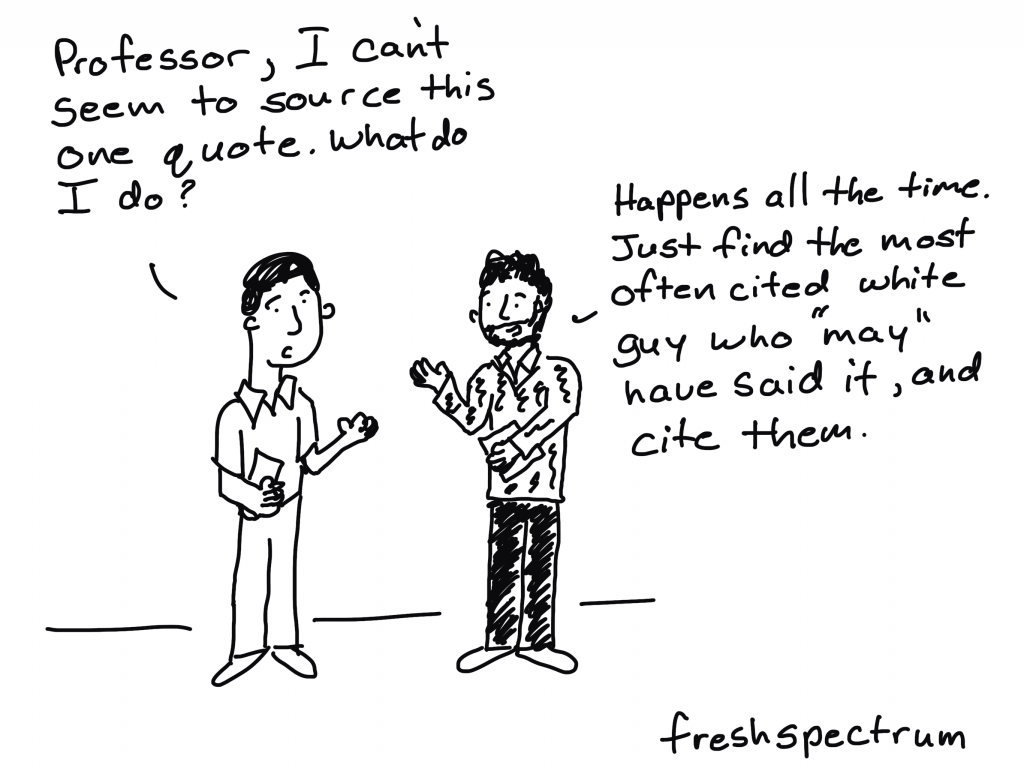
With playfulness and a large dose of wit, Robert Merton traces the origin of Newton’s aphorism, “If I have seen farther, it is by standing on the shoulders of giants.” Using as a model the discursive and digressive style of Sterne’s Tristram Shandy, Merton presents a whimsical yet scholarly work which deals with the questions of creativity, tradition, plagiarism, the transmission of knowledge, and the concept of progress.
Challenging Assumptions
Ever since connecting with Vidhya Shanker‘s work I find myself diving deeper into theorists I missed while in grad school. There is so much to discover across all fields often hidden in plain sight.
Here is one, the late sociologist Fatema Mernissi. While you should definitely check out her work, a simple starting point would be this 7 minute NPR remembrance.
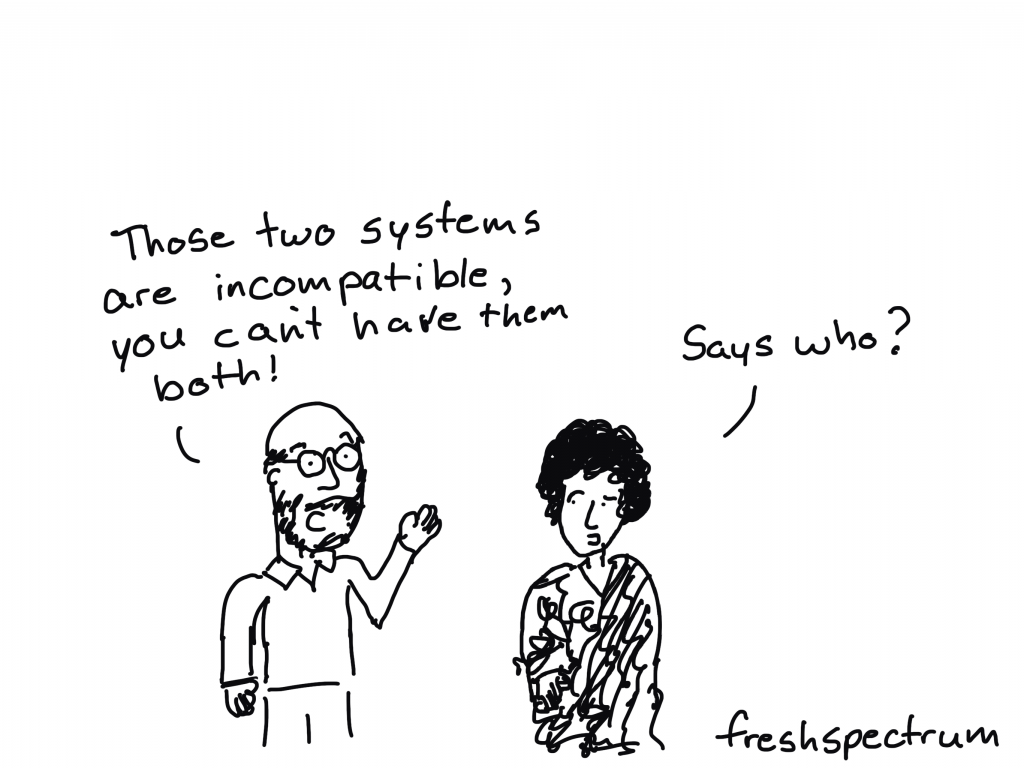
I started this slogan. I, as a Muslim woman living in 1993, I want to have two things – the mosque and the satellite, both at the same time. And no one can mutilate me by telling me I cannot have the mosque or the Koran. Someone else is going to read for me or go at my place to the mosque, and/or to tell me you shouldn’t take anything from the West because the West is the enemy and so on. It is to me to decide. I am intelligent enough to be critical towards the West and take what I need and reject what is bad for me.
Understanding does not mean approval
When in doubt, blame the federal government. And if you can get enough people to do that, you can the find your way to the top federal government position by railing against people currently in the federal government.
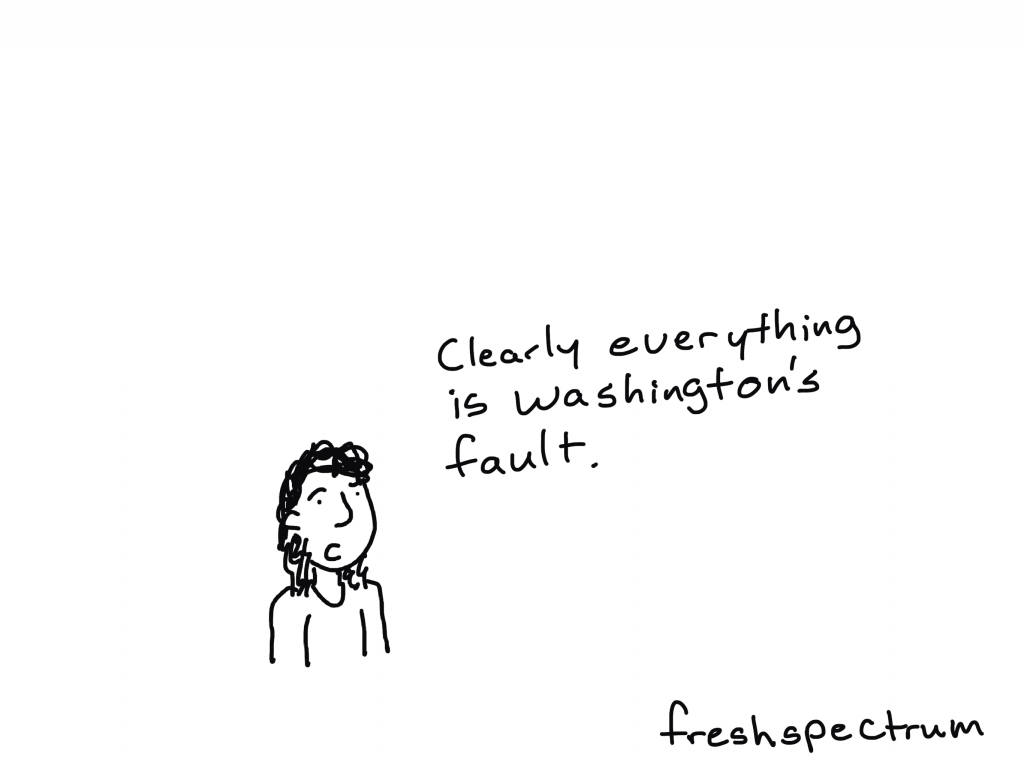
I’m not sure that Washington is doing anything to harm these communities. To be honest, a lot of it is just scapegoating. And that’s why you see more xenophobia and racism in these communities. There’s a sense that things are going badly, and the impulse is to blame “others.”
A Princeton sociologist spent 8 years asking rural Americans why they’re so pissed off
Masculinity and Trump Support
I read a Vice article last week about the Kenosha murderer, and there was a line at the end that’s been haunting me. It was something the author pulled from far-right message boards “Well he became a man today, that’s for sure.”
I doubt anyone following this newsletter needs to hear this, but that is not what it means to be a man.
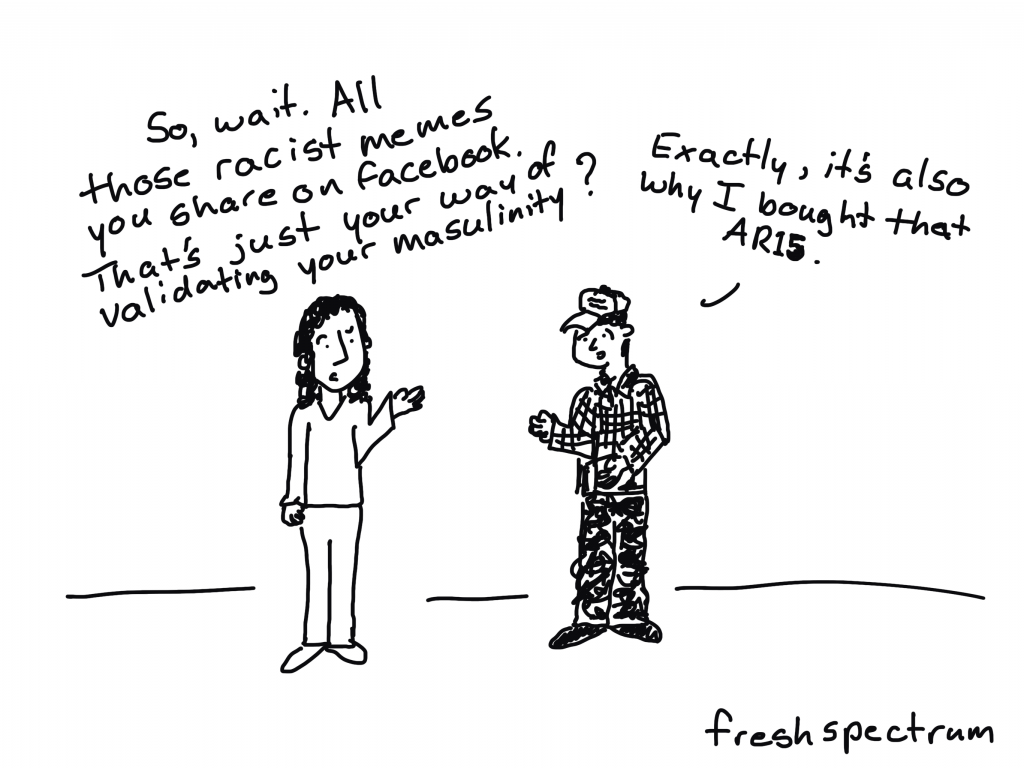
I think it’s a false debate. I think nature and nurture are intimately linked. What we know is that testosterone as a hormone both drives aggression and responds to aggression. It is a really malleable hormone. And I think that you can’t understand the natural biological conditions of violence without understanding the social conditions, and I think you can’t understand the social conditions without understanding the biological conditions.
‘Angry white men’: the sociologist who studied Trump’s base before Trump
Upending the Status Quo
Patricia Hill Collins was my personal introduction to intersectionality through her book Black Feminist Thought. She was also the first black woman to be president of the American Sociological Association (in 2009, in the association’s 100th year).
The quote below comes from a talk she gave at Cambridge. It’s a long 50 minute talk, but she is a fantastic teacher. She doesn’t show slides, so it’s also the kind of talk where you can hit the play button on youtube and just listen.
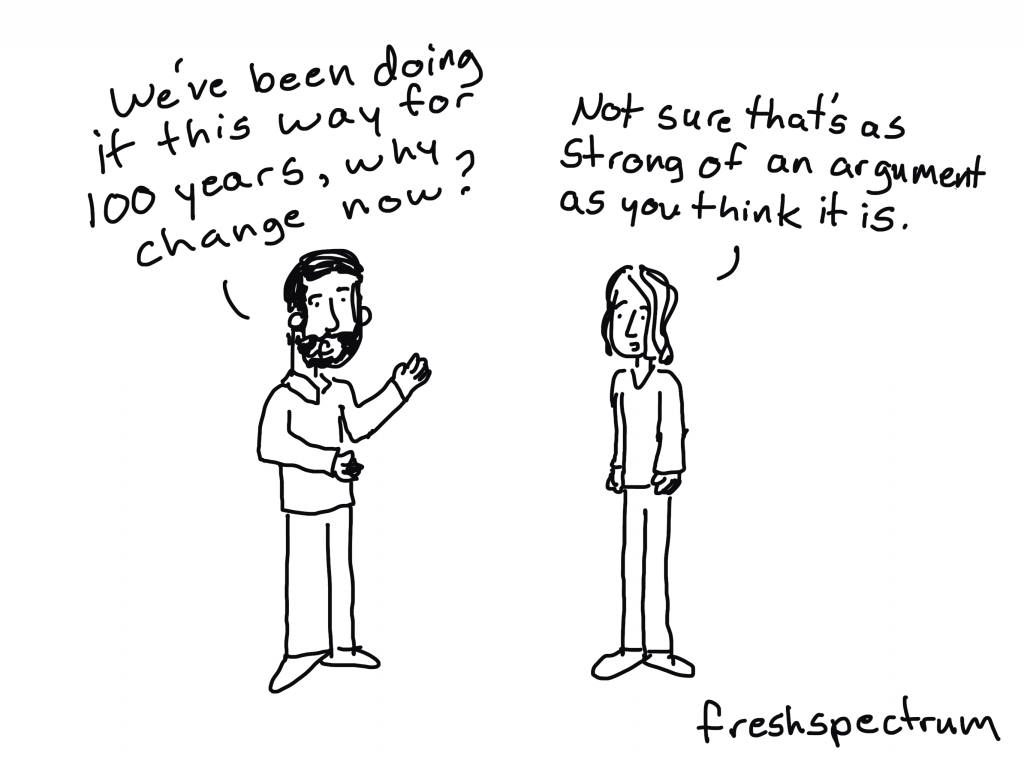
It clearly has an established track record, but its challenge now is how much is it willing to leave behind what it has defended so staunchly for over 100 years?
Intersectionality and Sociology – Professor Patricia Hill Collins